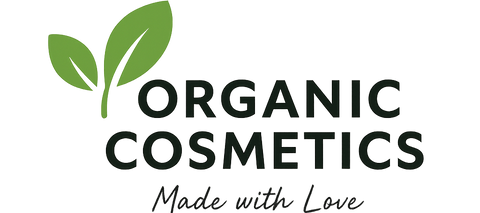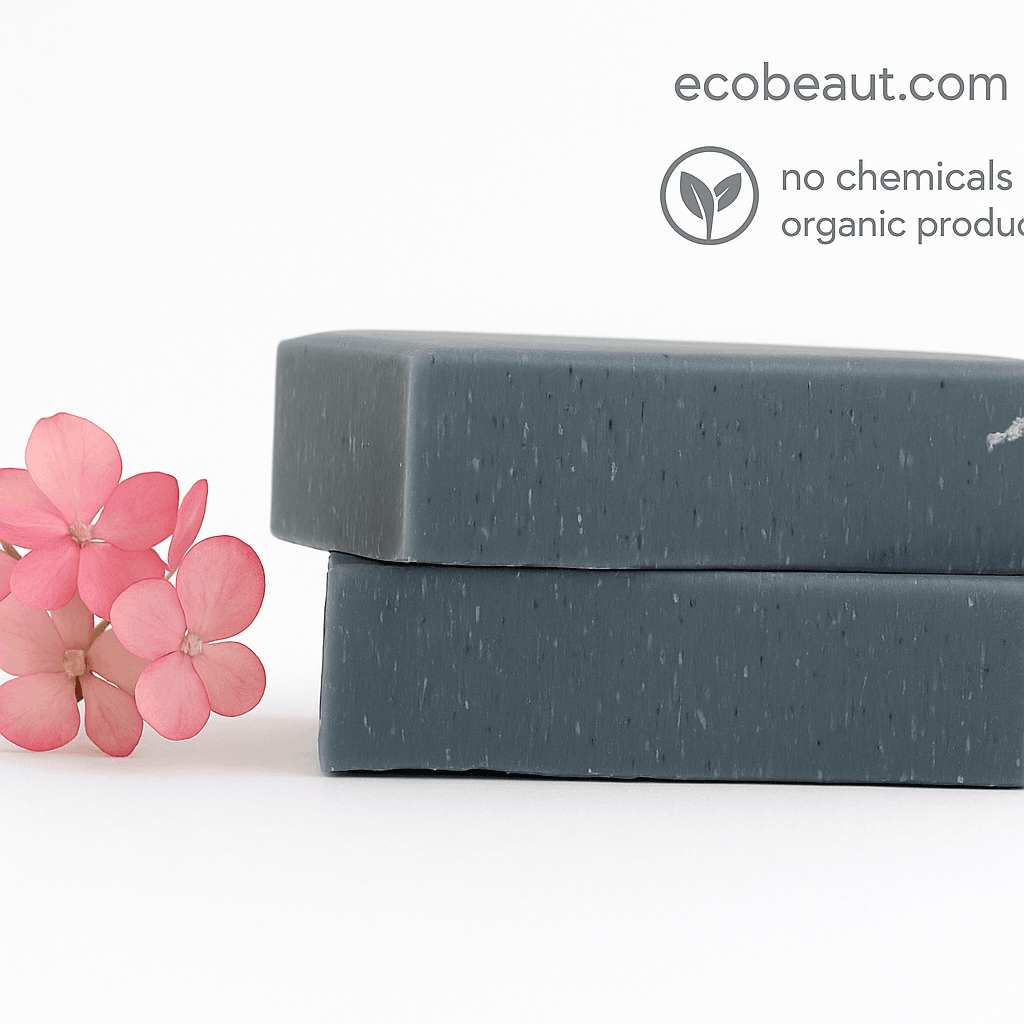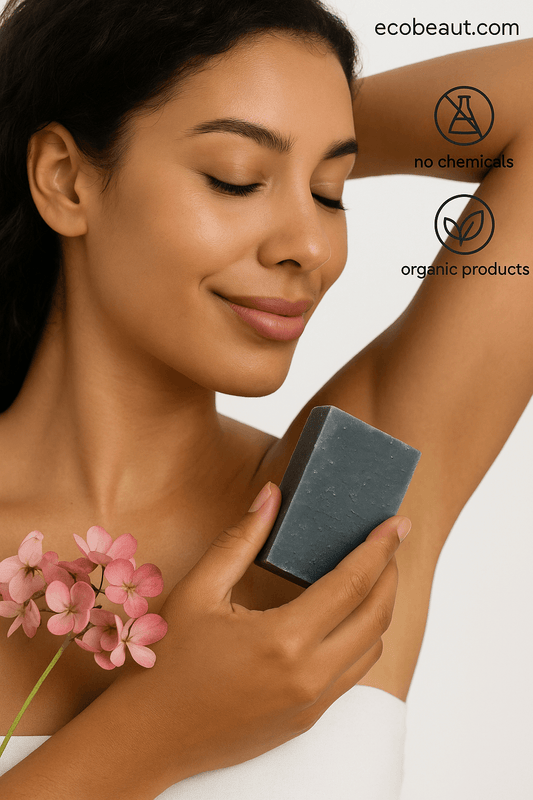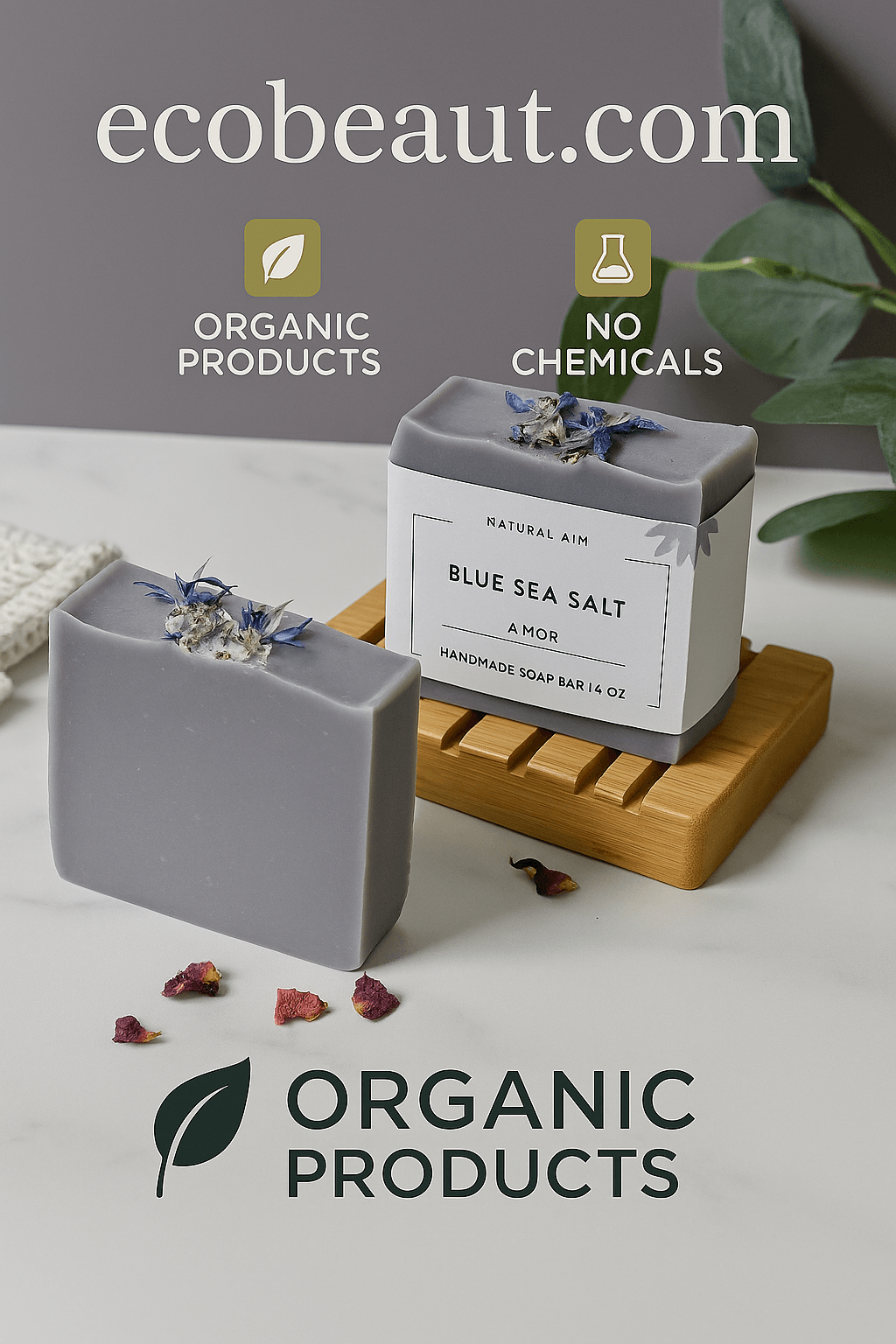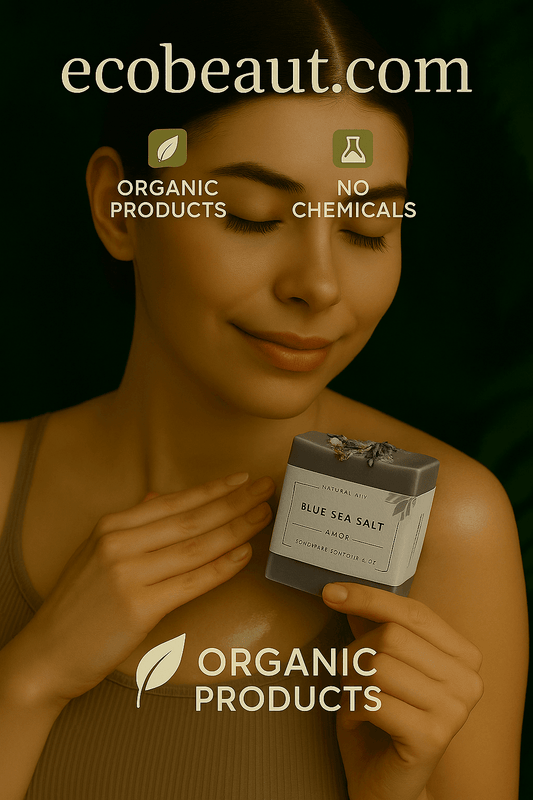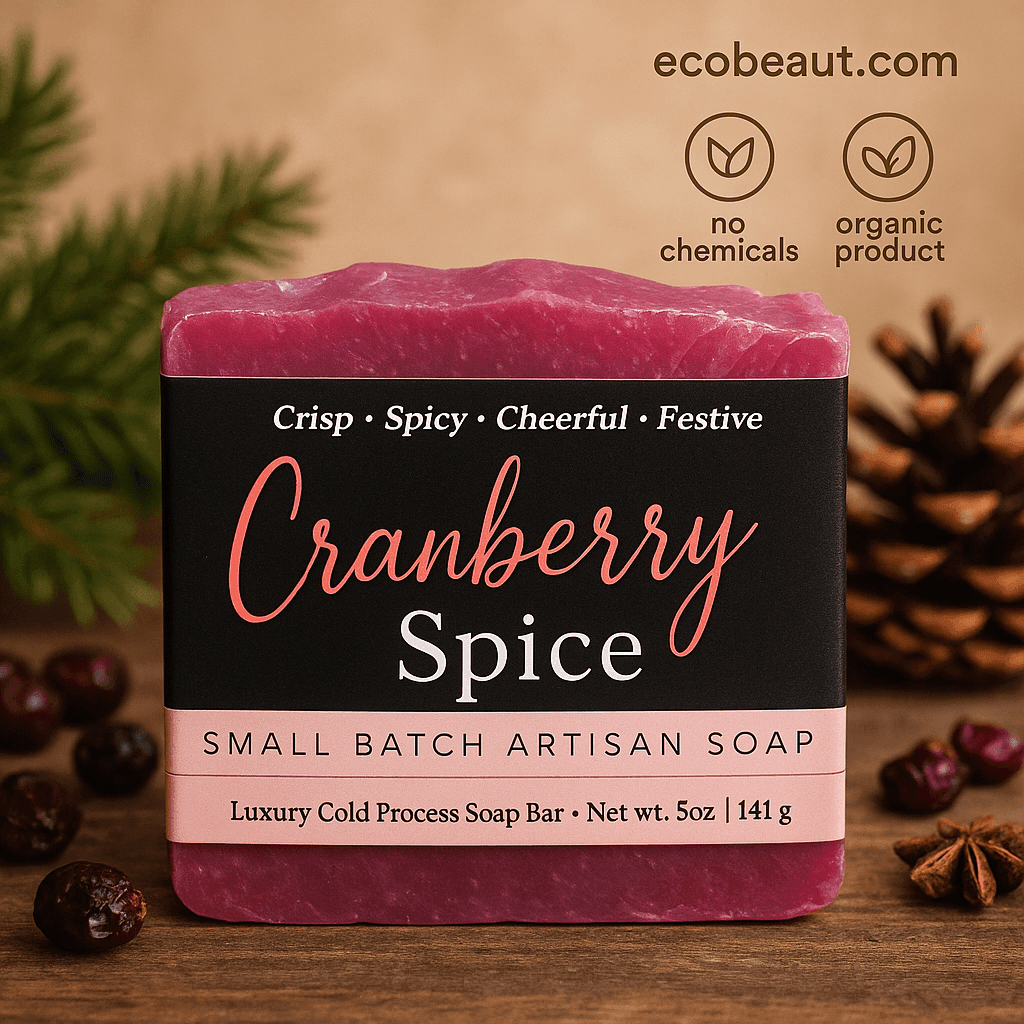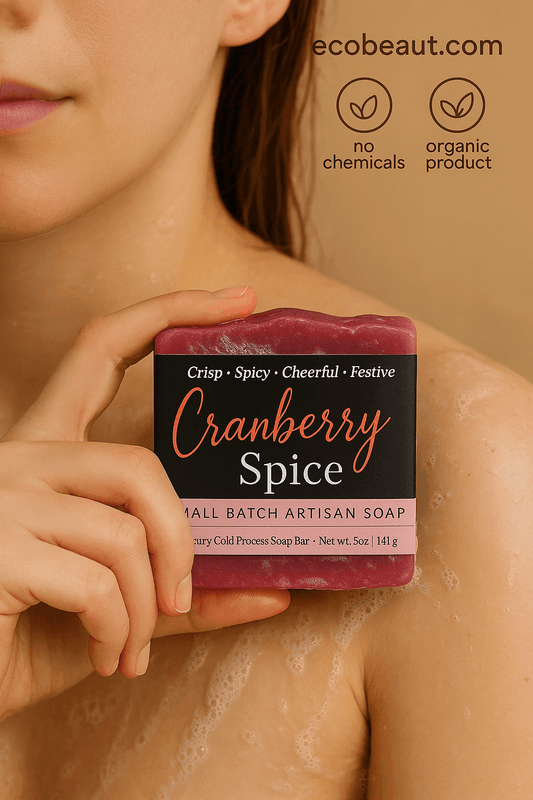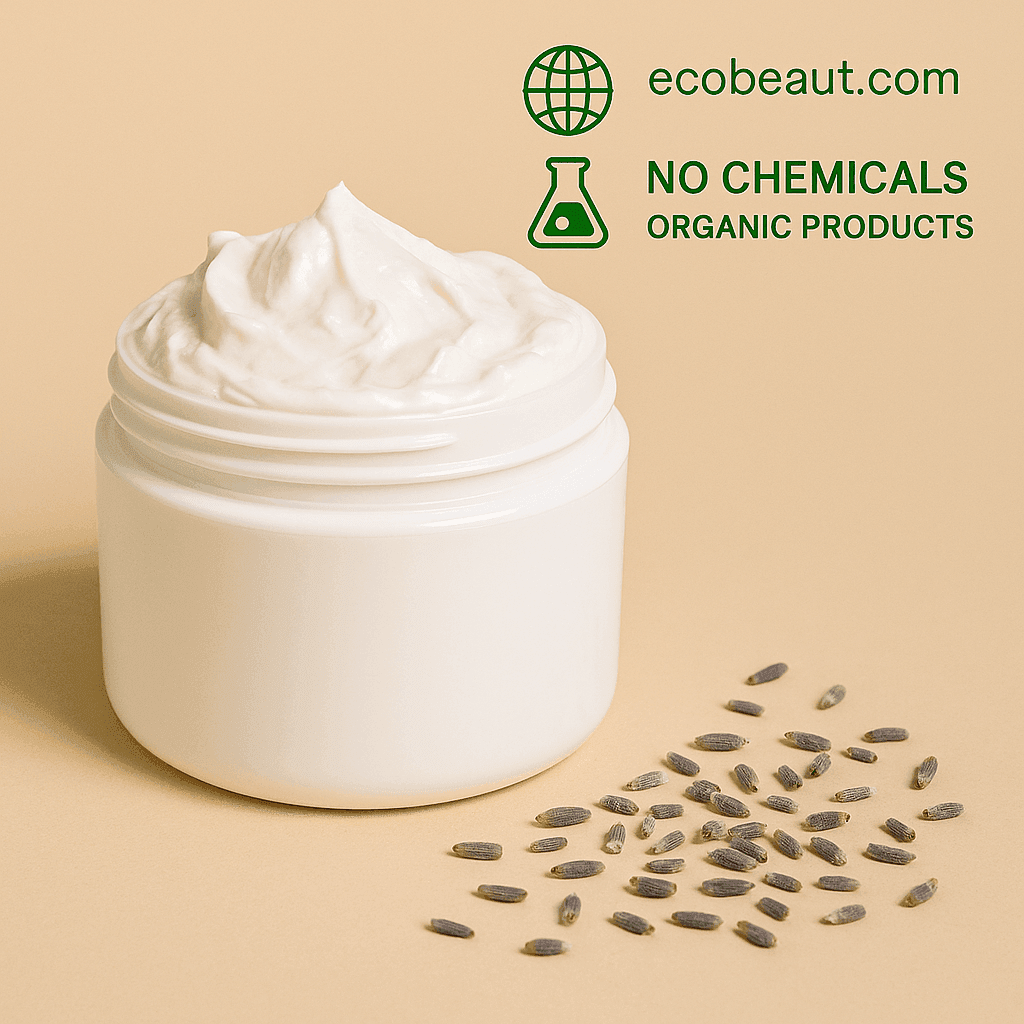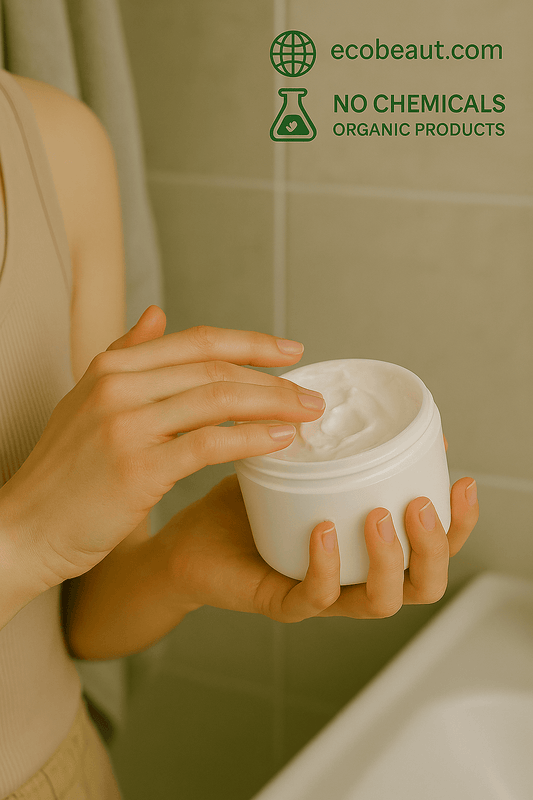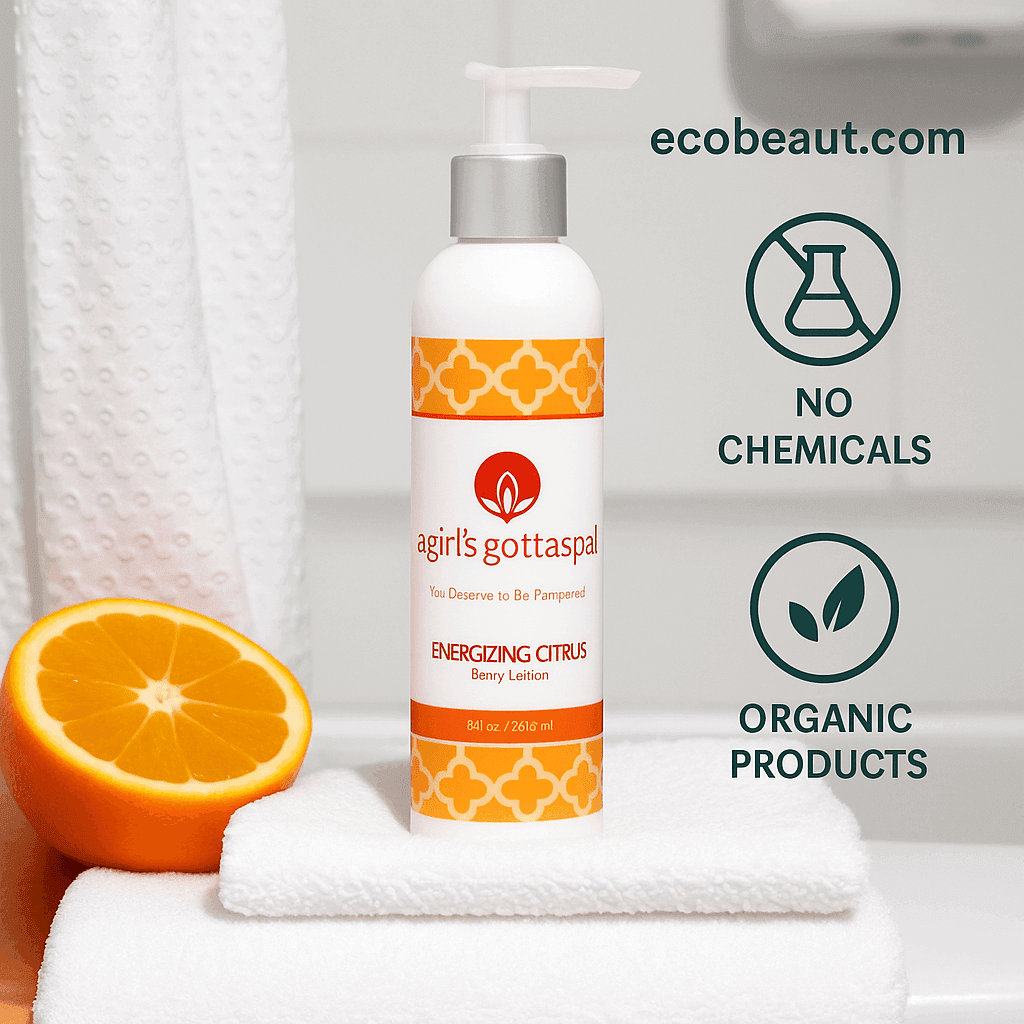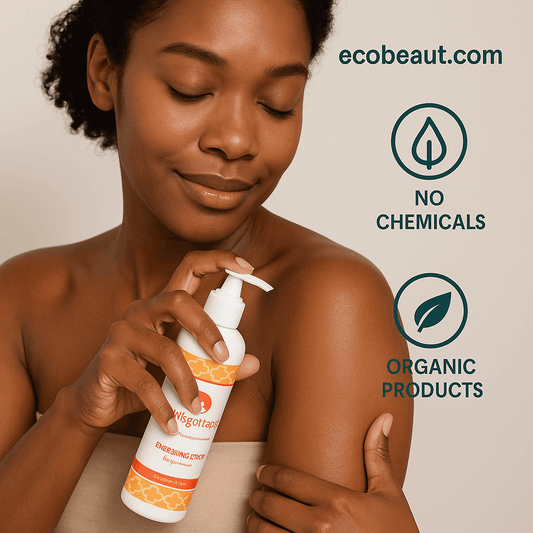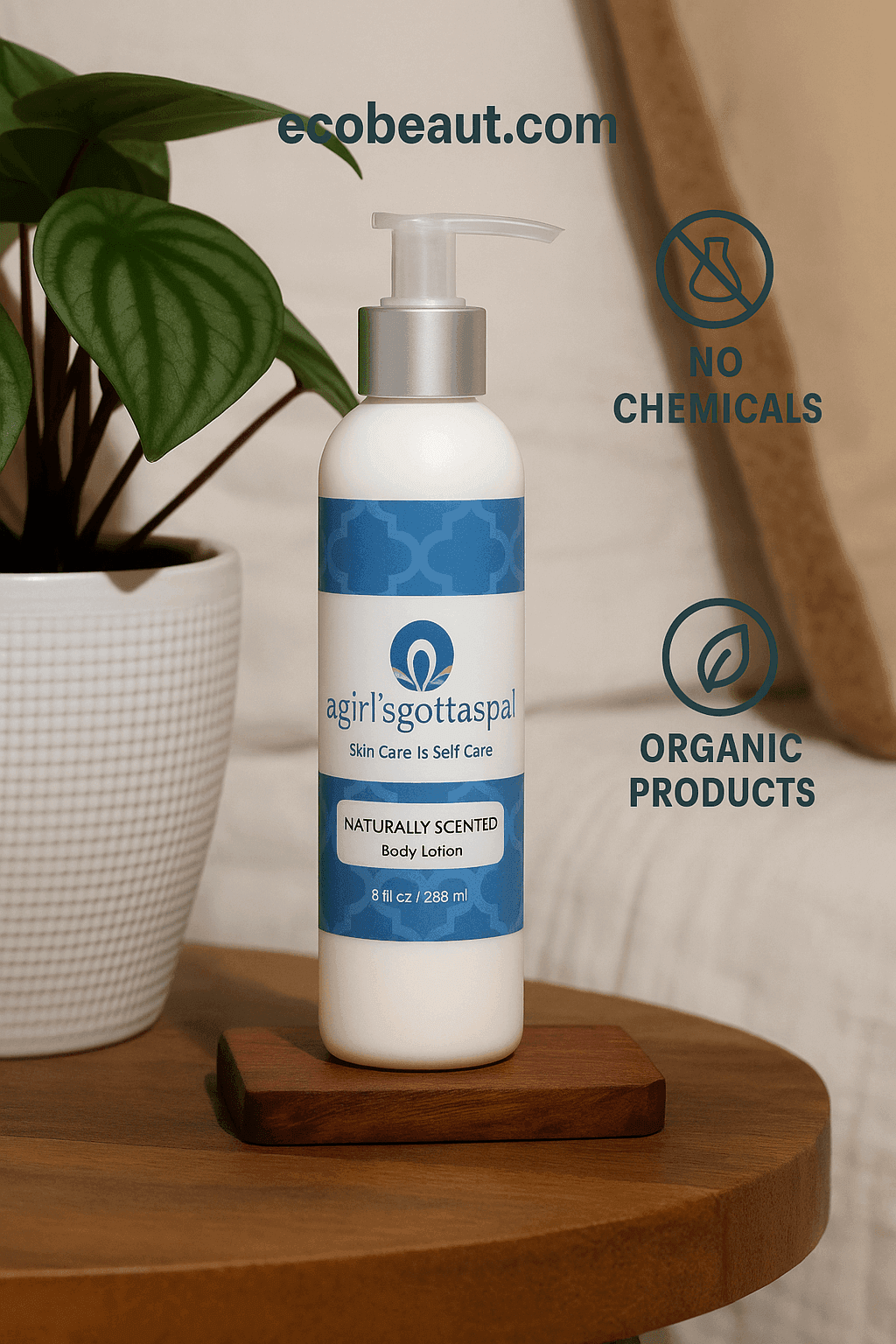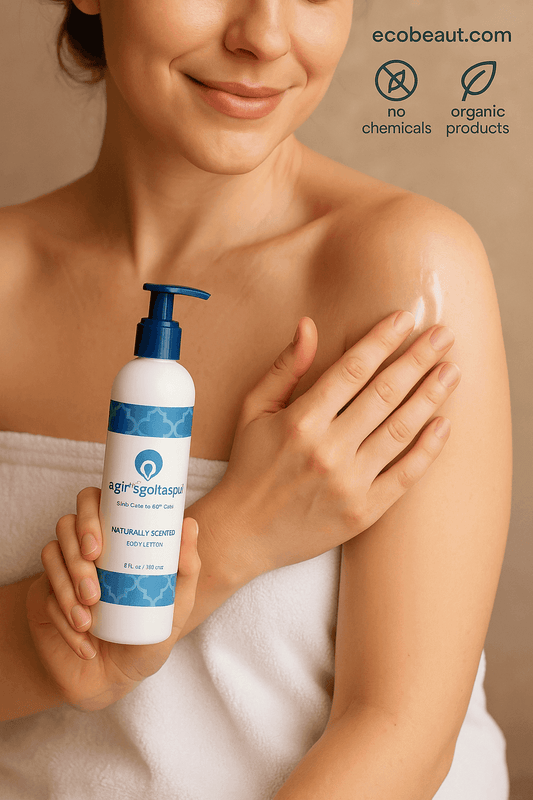As beauty trends evolve, consumers are becoming more conscious of the ingredients in their skincare, makeup and personal care routines. Vegan beauty products, once considered niche, have gained significant traction among consumers seeking healthier, ethical and sustainable alternatives. With this shift, many are discovering that vegan cosmetics are not just a trend, but a conscious lifestyle choice with long-term benefits. In this article, we will explore the various benefits of vegan beauty products and how they contribute to personal well-being, environmental stewardship, and cruelty-free practices.
What are vegan beauty products?
Vegan beauty products are cosmetics, skin care, and personal care products that are formulated without animal-derived ingredients. Common animal-derived ingredients in conventional beauty products include beeswax, lanolin, collagen, carmine, keratin, and silk proteins. In contrast, vegan beauty products replace these with plant-based or synthetic alternatives while maintaining or even improving the product's effectiveness.
It's important to distinguish between vegan and cruelty-free products. While both emphasize ethical practices, a vegan product contains no animal ingredients, while a cruelty-free product has not been tested on animals. Ideally, consumers will choose beauty products that are both vegan and cruelty-free for a comprehensive ethical approach.
Key benefits of using vegan beauty products
1. Healthier formulations for your skin
Many vegan beauty products emphasize natural, plant-based ingredients, avoiding harsh chemicals, synthetic additives, and fillers commonly found in conventional cosmetics. Traditional skin care often contains substances like parabens, sulfates, and artificial fragrances that can cause allergic reactions or skin irritation.
Vegan formulations rely on ingredients like aloe vera, shea butter, coconut oil, and green tea extract, which are known for their soothing and nourishing properties. Because these products avoid animal by-products that can sometimes clog pores or contribute to acne, they are often better suited for those with sensitive or acne-prone skin.
In addition, plant-based ingredients are rich in essential vitamins, antioxidants and fatty acids that support skin health. For example, vegan oils like rosehip and jojoba moisturize without leaving a greasy residue, making them ideal for maintaining a healthy, balanced complexion.
2. Reduced exposure to allergens and contaminants
Animal-derived ingredients such as lanolin (from sheep's wool) or collagen (from animal tissue) can sometimes carry contaminants, bacteria or allergens. Vegan products focus on pure, plant-based components, minimizing the risk of introducing unwanted allergens into your routine.
For people with certain skin conditions, such as eczema or rosacea, vegan formulations can be especially beneficial, as they often exclude potential irritants. Products labeled as vegan are also likely to be free of synthetic fragrances and dyes, further reducing the risk of skin sensitivities.
3. Eco-friendly and sustainable practices
Choosing vegan beauty products also supports environmental sustainability. Animal agriculture contributes significantly to greenhouse gas emissions, deforestation, water pollution and resource consumption. By eliminating the need for animal-derived ingredients, vegan brands reduce their environmental footprint.
Many vegan beauty companies also focus on sustainable sourcing, using recyclable or biodegradable packaging to align with eco-friendly values. In addition, plant-based formulations often require fewer resources to produce, contributing to a cleaner, greener planet.
Some brands are incorporating ingredients that are not only vegan, but also sourced from organic or fair trade farms, ensuring that their products are both environmentally conscious and socially responsible. This approach appeals to consumers who want to make mindful choices that align with their values.
4. Cruelty-free and ethical beauty
One of the driving forces behind the popularity of vegan beauty products is the opposition to animal testing. While not all vegan products are automatically cruelty-free, many brands align their vegan offerings with a cruelty-free ethos, ensuring that no animals were harmed during development or production.
Consumers are increasingly aware of the impact their purchases have on animal welfare, and as a result, they are gravitating toward beauty products that reflect their ethical values. Brands committed to vegan and cruelty-free standards send a powerful message and promote compassion in an industry that has historically relied on animal-derived ingredients and testing methods.
5. Suitable for all skin types and lifestyles
Vegan beauty products are designed to be versatile, often catering to a wide range of skin types, including sensitive, oily, or combination skin. Because these products emphasize gentle, plant-based ingredients, they can be more inclusive and accessible than conventional cosmetics.
Additionally, vegan beauty products are not just for those who follow a vegan lifestyle. Many people choose vegan cosmetics and skincare because of the perceived health benefits and the desire to avoid harmful chemicals. Vegan formulations are also preferred by those with specific dietary restrictions or allergies, ensuring a safer beauty experience for everyone.
6. Transparency and Clean Beauty
Vegan beauty brands tend to emphasize transparency, providing detailed ingredient lists and certifications to assure consumers that their products meet ethical and environmental standards. This commitment aligns with the growing clean beauty movement, which prioritizes safety, sustainability and honesty in product labeling.
Consumers are no longer satisfied with vague claims or hidden ingredients; they want clear, understandable information about what goes into the products they use. Vegan beauty brands are often leading the way in promoting trust and accountability within the industry.
Challenges of adopting vegan beauty products
While vegan beauty products offer numerous benefits, it is important to acknowledge some of the challenges associated with this choice.
- Higher cost: Vegan and sustainable beauty products can be more expensive due to the use of high-quality, ethically sourced ingredients. However, for many consumers, the long-term benefits to their health and the environment make the investment worthwhile.
- Limited availability: Although the market for vegan beauty products is growing, some niche or specialty products may not be as widely available as conventional options, especially in certain regions.
- Learning curve: Consumers new to vegan beauty may find it challenging to identify truly vegan products amid misleading labels or greenwashing. It is important to look for official certifications or thoroughly research brands to ensure they meet ethical standards.
Despite these challenges, the growing demand for vegan beauty has led to greater innovation, with more brands offering accessible and affordable products that meet high standards.
How to transition to a vegan beauty routine
Switching to a vegan beauty routine doesn't have to be overwhelming. Here are some practical tips to make the transition easier:
- Start Small: Start by replacing one or two key products, such as your cleanser or moisturizer, with vegan alternatives.
- Research Brands: Look for reputable vegan beauty brands or those with official certifications such as the Vegan Society or Leaping Bunny.
- Check ingredients: Learn about common animal-derived ingredients to avoid, such as beeswax, carmine, or keratin.
- Explore reviews: Read customer reviews and testimonials to gauge the effectiveness of vegan products before you buy.
- Experiment with samples: Many vegan brands offer sample sizes or starter kits so you can try products before committing to full-size versions.
The shift towards vegan beauty is a journey, and each step, no matter how small, contributes to a more ethical and sustainable lifestyle.
Conclusion
The benefits of vegan beauty products extend beyond individual health to include environmental sustainability, ethical practices and animal welfare. With plant-based formulations, reduced allergens, and a focus on transparency, vegan cosmetics are redefining the beauty industry and encouraging consumers to make more conscious choices.
While challenges such as cost and availability remain, the growing demand for vegan beauty has spurred innovation and accessibility, making it easier for consumers to embrace this lifestyle. Whether driven by health, ethical or environmental concerns, the shift to vegan beauty offers a holistic approach that aligns personal care with mindful living.
By choosing vegan beauty products, consumers are not only improving their well-being, but also contributing to a more compassionate, sustainable and inclusive beauty industry. As the movement continues to grow, the future of beauty looks increasingly green, clean and cruelty-free.
